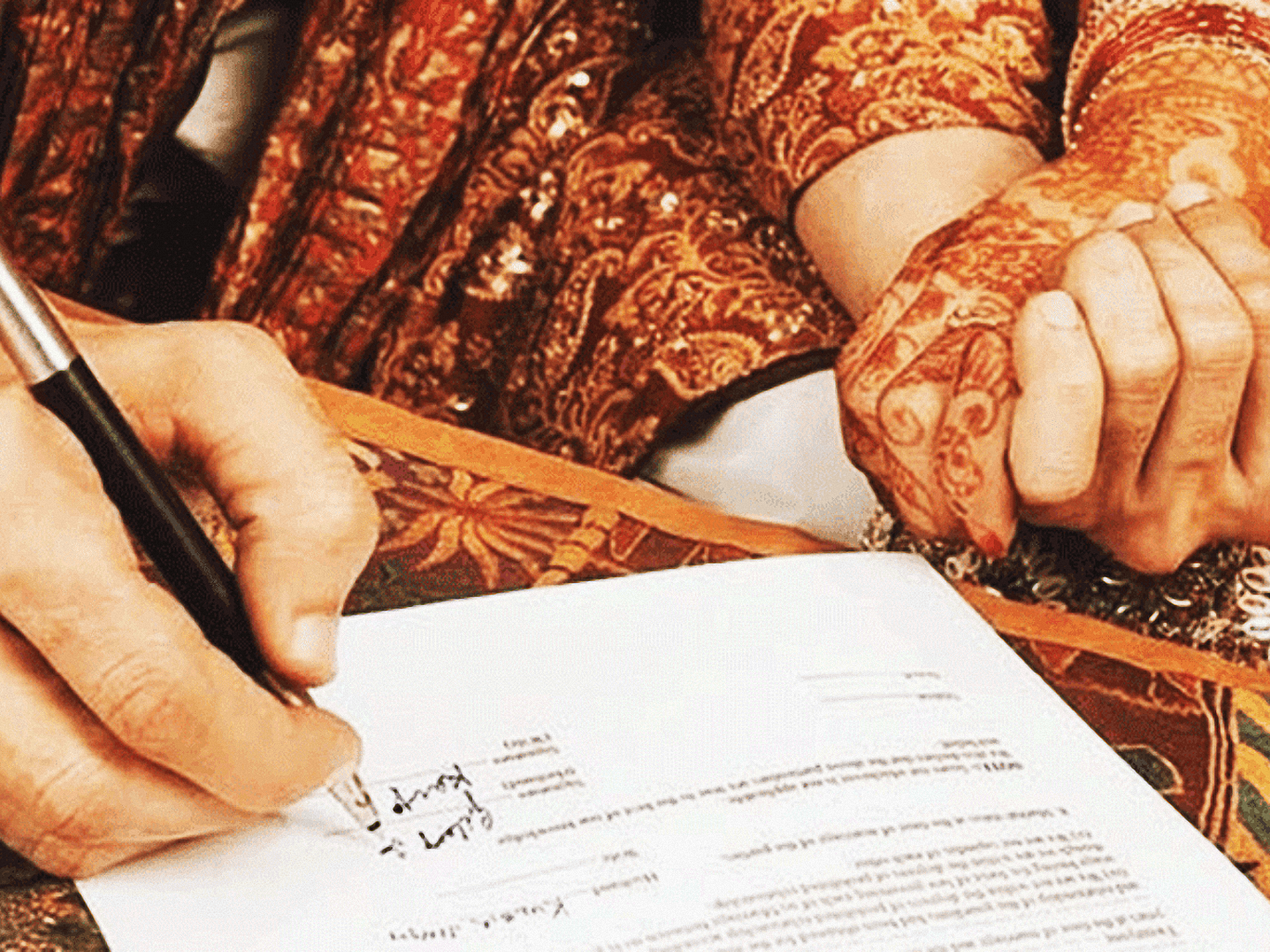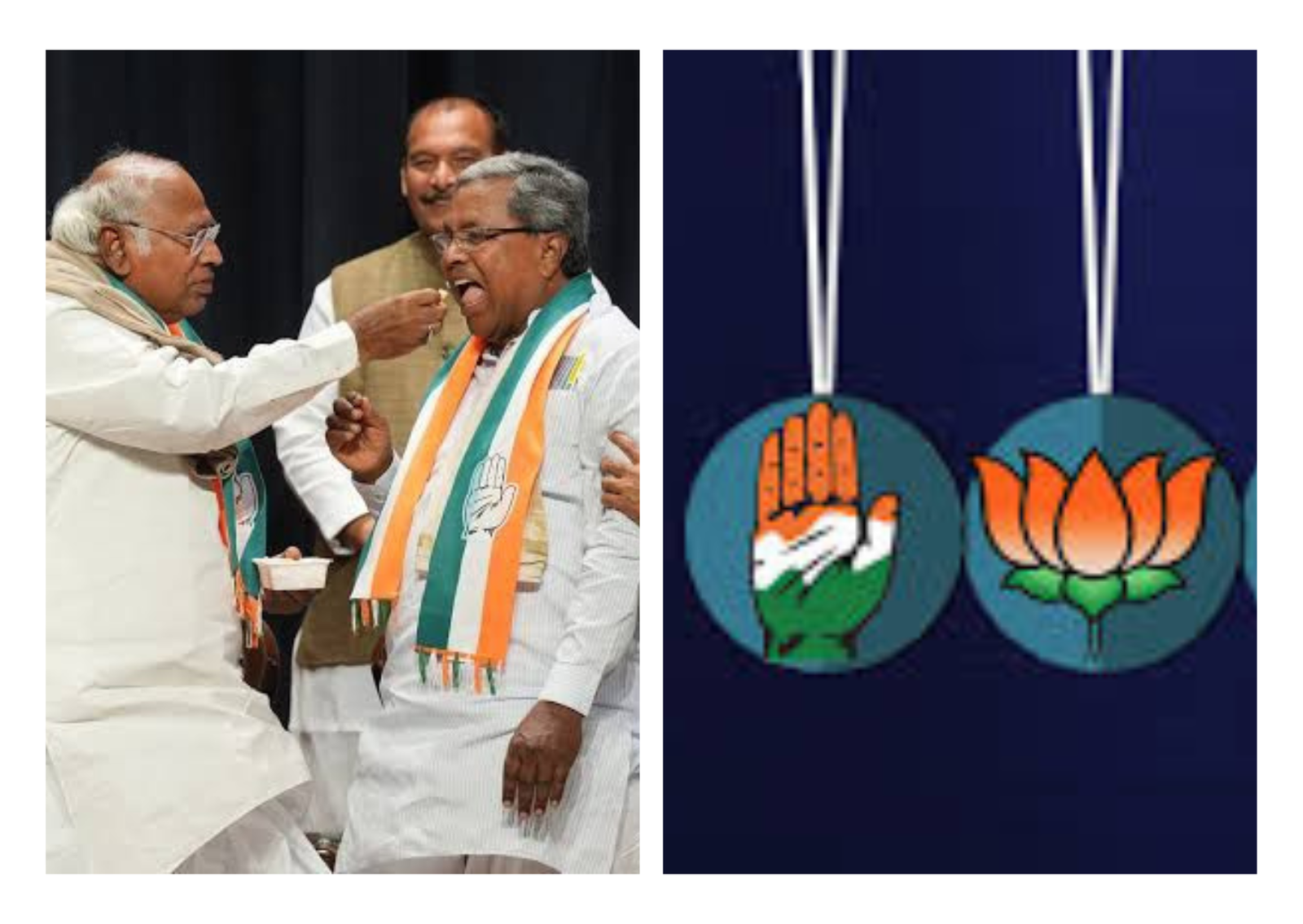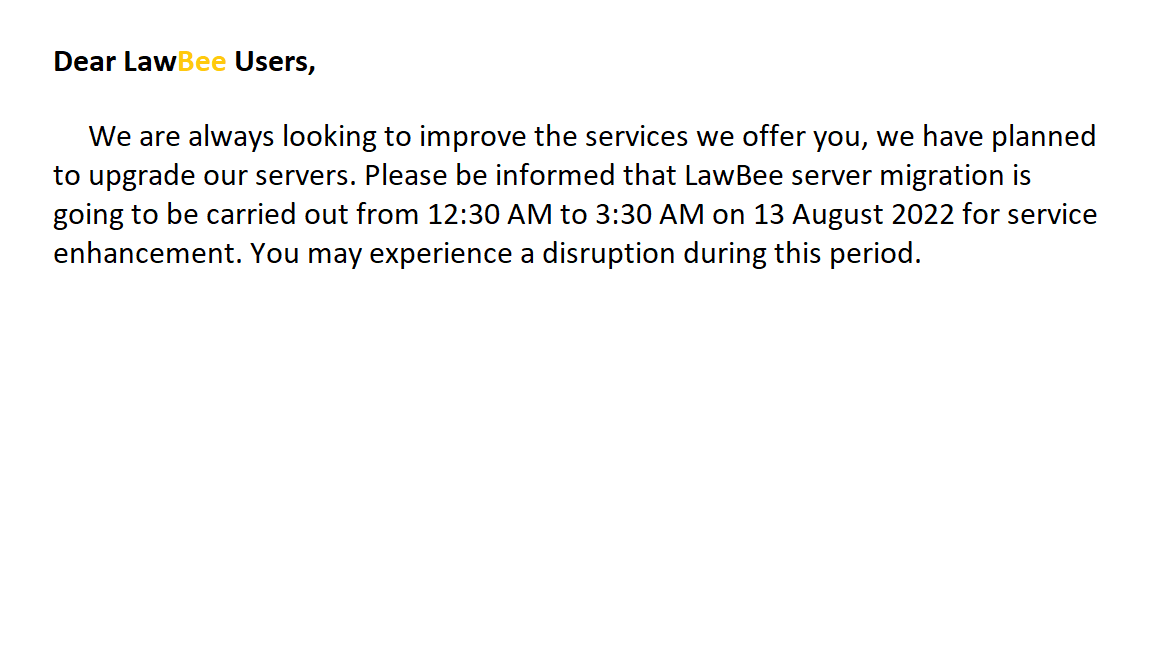In the intricate tapestry of Indian law, the call for a Uniform Civil Code (UCC) resonates as a beacon of legal unity amidst the diversity of personal laws. Article 44 of the Constitution of India envisages this code as a means to transcend religious and customary barriers, fostering a legal framework that upholds equality, justice, and individual freedoms. From a legal perspective, the UCC presents an opportunity to streamline disparate personal laws governing marriage, divorce, inheritance, and succession, among others, into a cohesive and equitable system applicable to all citizens regardless of religious affiliations or community customs.
However, the pursuit of a Uniform Civil Code is not without legal complexities and challenges. The coexistence of religious personal laws alongside statutory laws poses intricate questions regarding the primacy of constitutional rights versus religious freedoms. Striking a balance between preserving cultural identities and ensuring fundamental rights remains a paramount concern for lawmakers and legal scholars alike.
Moreover, the implementation of a UCC necessitates navigating the intricate web of political, social, and religious sensitivities ingrained in Indian society. Legislative reforms must be meticulously crafted to garner consensus while respecting the pluralistic ethos of the nation.
In recent years, the discourse surrounding the UCC has gained renewed momentum, with proponents advocating for its enactment as a means to promote gender equality, protect individual rights, and foster national integration. They argue that a uniform legal framework would eliminate discriminatory practices prevalent in certain personal laws, particularly those affecting women and marginalized communities.
Conversely, opponents express apprehensions regarding the potential erosion of religious and cultural autonomy, cautioning against the imposition of uniformity at the expense of diversity. They emphasize the need for nuanced reforms that accommodate the diverse religious and cultural traditions prevalent in Indian society.
In conclusion, the quest for a Uniform Civil Code epitomizes the ongoing struggle to reconcile legal uniformity with cultural diversity in India. While the pursuit of legal equilibrium is fraught with challenges, it remains a noble endeavor reflective of the nation’s commitment to uphold the principles of justice, equality, and unity under the rule of law. As India continues its journey towards socio-legal evolution, the realization of a Uniform Civil Code stands as a testament to the enduring pursuit of a more just and equitable society for all its citizens.



